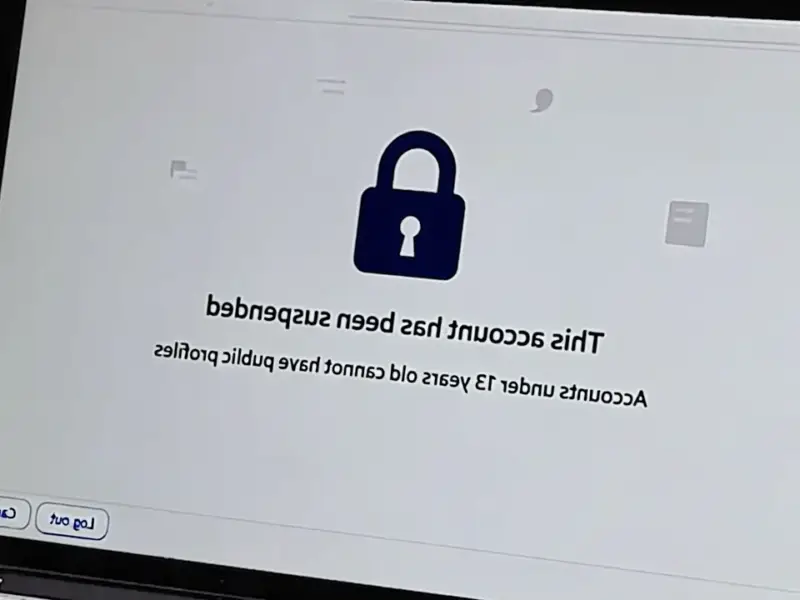According to Forbes, Google’s vice president of trust and safety Laurie Richardson has issued a critical security warning about malicious VPN applications targeting billions of smartphone users. The advisory, updated November 9, reveals threat actors are distributing fake VPN apps that appear legitimate but actually compromise user security and privacy. These malicious applications use sexually suggestive advertising and social engineering campaigns to lure users, particularly those seeking to bypass age verification for adult content. Instead of providing protection, these fake VPNs install password-stealing malware and remote access trojans that exfiltrate sensitive data including browsing history, private messages, financial credentials and cryptocurrency wallet information. Google’s warning emphasizes that these threats are spreading across multiple platforms and targeting both enterprise and consumer users.
Why This Warning Matters Now
Here’s the thing – the timing of this warning couldn’t be more relevant. With the UK’s Online Safety Act and similar US legislation making age verification for adult content more strict, millions of people are suddenly turning to VPNs to get around these barriers. And threat actors know exactly what’s happening. They’re preying on that desperation with fake VPN services that promise access but deliver malware instead. It’s a classic case of criminals following the traffic patterns and setting up traps where people are most vulnerable.
How VPNs Actually Work
Basically, a VPN creates an encrypted tunnel between your device and the internet, routing your connection through a remote server. As Proton explains, this hides your real IP address and makes it appear you’re connecting from the VPN server’s location. That’s why people use them to bypass geographic restrictions – whether that’s for streaming services or, yes, adult content. But here’s the crucial part: your VPN provider can see everything you’re doing online. So if you choose a malicious one, you’re literally handing over all your private data to criminals.
The VPN Reality Check
Look, I’m going to say something controversial: most people don’t actually need VPNs most of the time. There, I said it. VPNs aren’t some magical privacy silver bullet – they won’t make you completely anonymous online thanks to browser fingerprinting and other tracking methods. And that whole “Wi-Fi hacker in the coffee shop” scenario? It’s largely overblown for the average user. VPNs are really only essential for specific use cases like bypassing geo-restrictions or accessing work networks securely. For enterprise users, the UK National Cyber Security Centre recommends using native operating system clients rather than third-party VPN apps whenever possible.
How To Stay Safe
So if you absolutely need a VPN, here’s what Google recommends: only download VPN apps from official sources like Google Play, and look for apps with the VPN badge. Avoid free offers that seem too good to be true – because they usually are. Never sideload untrusted apps, and be very suspicious of any VPN that requests permission to access your contacts or private messages. And remember what the experts are saying about being cautious with any service that handles your internet connection. Your privacy is worth more than saving a few bucks on a questionable VPN service.




